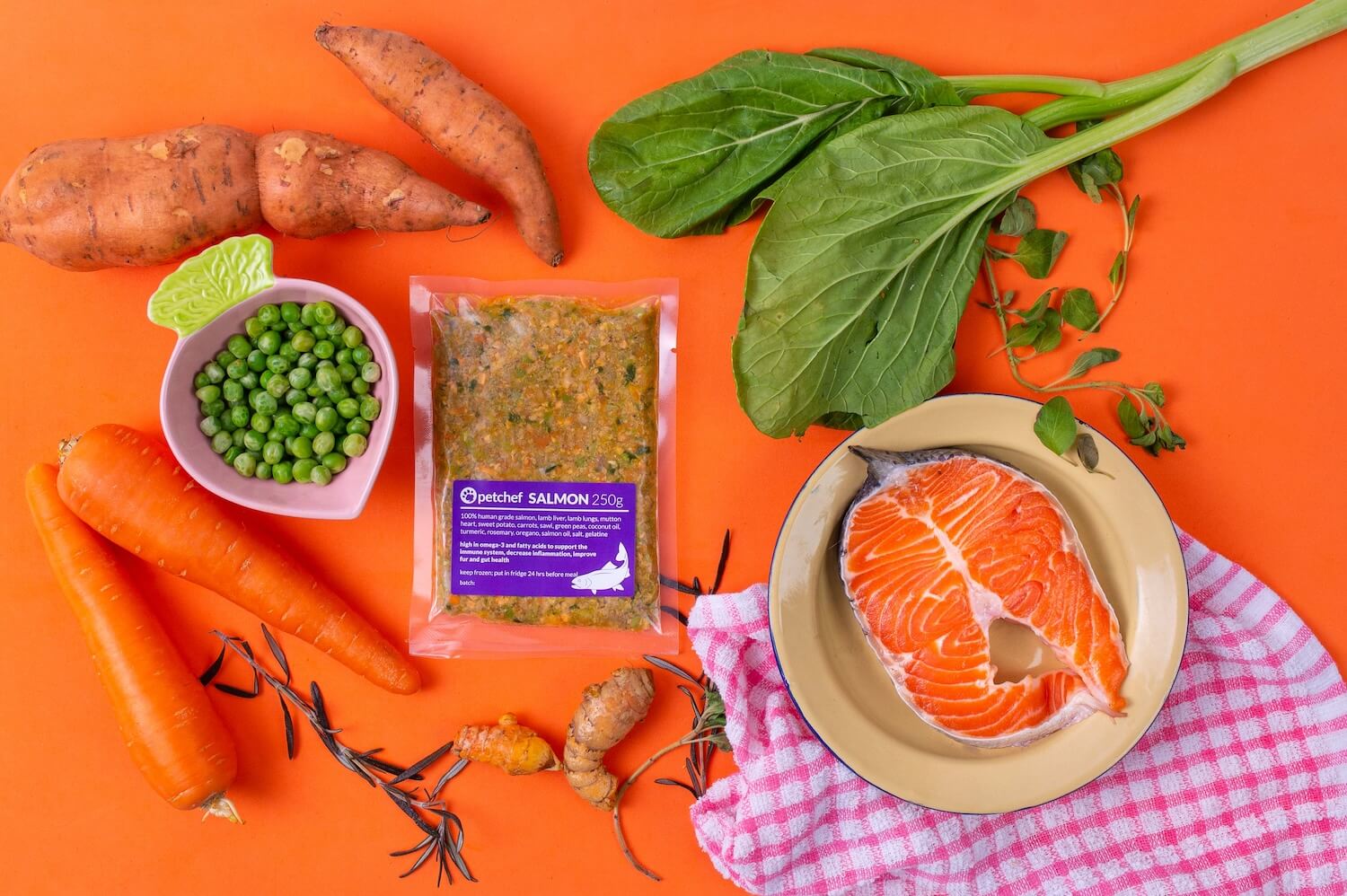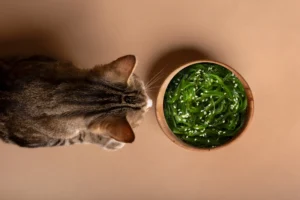As our pets are arguably extensions of ourselves, their diet habits are bound to change and evolve along with ours. Over the past few years, we’ve seen a rise in low carb and gluten-free diets due to the increase in awareness towards our general health.
In terms of feeding and nourishing our pets, as pet parents I guess you could say we’re being a little more aware of what’s being put in our furkid’s food bowl. And as such, pet food brands are also adapting to this change by producing products that jive with the current hype.
Hence, today we’ll be looking into grain-free dog food and whether it’s really something that’s worth our two grains.
What is grain-free food?
As the term suggests, it’s animal feed that doesn’t contain grain products such as wheat, rice, oats, barley, and corn. Grains are usually a good source of carbohydrates which plays an important role in providing the body with energy.
Does grain-free mean carb-free?
Well, sometimes grain-free feeds typically have grains like rice replaced with other sources of carbohydrates like white potatoes, sweet potatoes, and tapioca starch. In this instance, this “grain-free diet” might actually contain levels of carbohydrates that are more or equally as high.
Okay but can dogs digest grains?
Our adorable pet doggos may have originated from an ancestry of wolves. But thanks to domestication, they’re now belly-rub-loving omnomnom-nivore.
A 2013 study led by Swedish geneticist Erik Azelsson reported in the journal Nature that in comparison to a wolf’s genome, a domesticated dog’s genes contain 3 genome expressions that are responsible for the digestion of dietary starch.
So yes, our dogs now produce amylase (a digestive enzyme that aids in the digestion of plant-based sources) in their salivary glands thus enabling them to digest a certain amount of grains.
How do I know if my dog’s allergic to grains?
Dog allergies can be caused by a myriad of different factors such as food, medication, soap, fleas or even allergens in pollen and plants. Some symptoms of allergies would be:
- Excessive scratching due to itchiness
- Inflamed skin or sores and scabs
- Hot spots that appear as a moist, painful and very itchy reddened area with oozing
- The increased need to vacuum your couches due to excessive hair loss
- Bald patches in what was onces a floofy spot
- Ear infections
- Diarrhea
- Vomiting
Seeing as dogs do sometimes experience mite allergies due to having dry pet food as a staple, storing the food in a dry cool place and consuming it within the next 2 weeks may help. However, you should definitely bring your dog for a checkup at the vets before attempting a complete overhaul on their diets.
Right, but how essential are grains to a healthy happy pooch?
Like all things in life, balance is key!
Grains are a good source of roughage which is important for a healthy bowel movement. But asides from healthy poops, a healthy happy pooch should be consuming a balanced diet that provides enough nutrients, micronutrients and vitamins, grain or no grain.
However, if there is one ingredient to watch out for in grain-free dry dog food is potato as it’s high starch content makes it incredibly difficult to digest and increases the risk of cancer.
So, to grain or not to grain?
Honestly, this truly depends on your dog’s dietary requirements and other factors such as its allergies. We would highly recommend seeking some professional advice in determining a suitable diet plan for your pet.
BUT, here are some benefits on switching your pet to a grain-free diet:
- A shinier and healthier coat that’s almost immediately noticeable.
- Fewer allergies and a better skin due to lesser itchiness, irritation, dryness, and inflammation.
- Smaller and lesser poop amount as a result of lesser unprocessed nutrients to expulse.
- Less potent farts thanks to a healthier gut.
- Better smelling doggo kisses as grains typically leaves a layer of film over your dogs teeth which becomes a breeding ground for bacteria.
- An energetic and active pup that’s not weighed down by energy spikes from the over intake of carbs.
The Last Grain
Like us humans, every dog requires a different ratio of nutrients and macronutrients in their diets. While the general rule of thumb is to feed our doggos with the best quality of sustenance we can afford, we should also take into consideration their specific dietary needs, taste preference, and allergies.
Petchef’s recipes are a mix of:
- Proteins such as chicken, beef, lamb, salmon, liver
- Fibres such as sweet potato, peas, sawi, and carrots
- Herbs and spices such as rosemary, oregano, and tumeric
- Oils such as salmon and coconut oil
Made with fresh and quality ingredients, it’s a bowl of nourishment without any additives.
Should you require some advice, feel free to speak to our Petchef Advisors, or check out our recipes here.





















